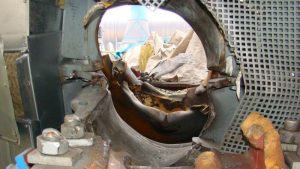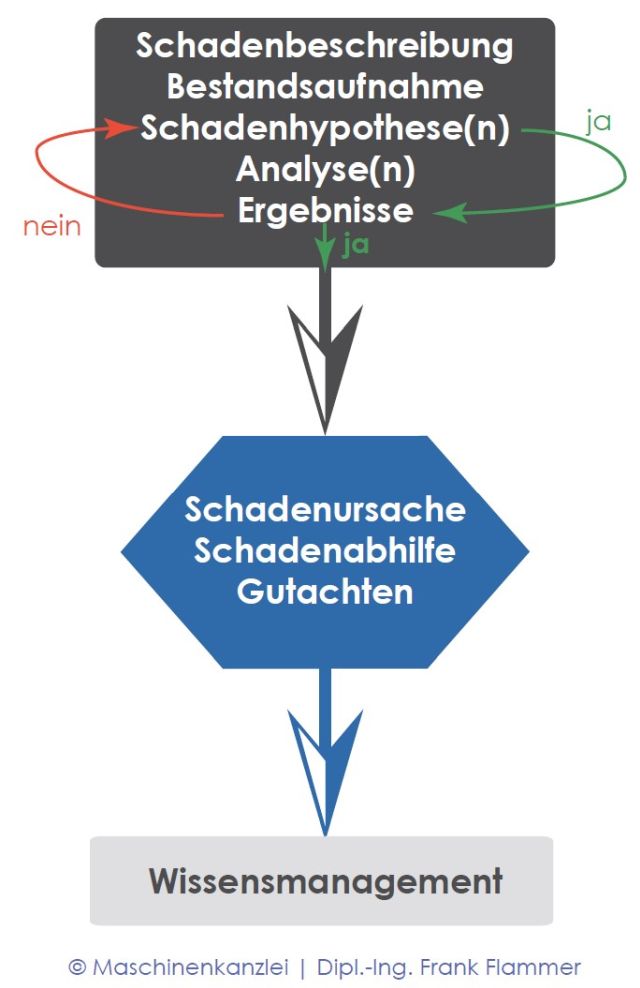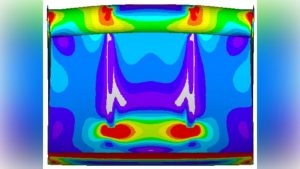Cause of damage
The cause of damage is very often determined by surveyors and publicly appointed and sworn experts in the case of damage to machinery, technical equipment, mechanical engineering and their evaluation.
The damage ...
... is the modification of a product by which one or more of its intended functions is substantially impaired or rendered impossible.

General
The success of a damage investigation depends on the diligence of its planning, on the type and scope of the investigation steps, and on the quality of their execution.

Damage description & inventory
The documentation of the found condition at the damage location as well as the recording of general information about the product (component) are part of this.

Damage - damage hypothesis(es)-analysis(es)-cause of damage
The procedure of a damage investigation with the order "find the cause of damage", is technically clearly defined.
In most expert reports, the cause of the damage is not determined - despite the order. Instead, a hypothesis of harm is often made and "declared" to be the cause. This is extremely problematic, especially if litigation ensues and a good as well as most importantly experienced court expert uncovers this.
It is clear that finding the cause of damage involves effort, especially when it comes to complicated cases.
IMPORTANT: It is not always possible to determine the cause of damage.

Damage hypothesis(es)
One or more damage hypotheses are derived from the previous knowledge gathered.

Instrumental analyses
The test results of the (different) instrumental analyses confirm or refute the hypothesis(es) . This can become an iterative process.

Cause of damage
If the hypothesis is proven, the cause is determined. If multiple causes of damage are identified, an attempt must be made to separate the primary cause from the influences causing the damage.

Claims Assistance & Expert Opinion
The findings and results are documented in writing in a written expert report.
Recommendation:
Determining the cause of damage can take time and is an iterative process. This increases the cost of an expert opinion. Whether it is “worth it” for the client always depends on the goals and/or legal strategy. To find a cause or even not to be able to determine a cause because it is technically no longer possible is still more profitable than to “declare” a hypothesis to be the cause. At the latest, this becomes a sure boomerang in the event of subsequent legal disputes.
